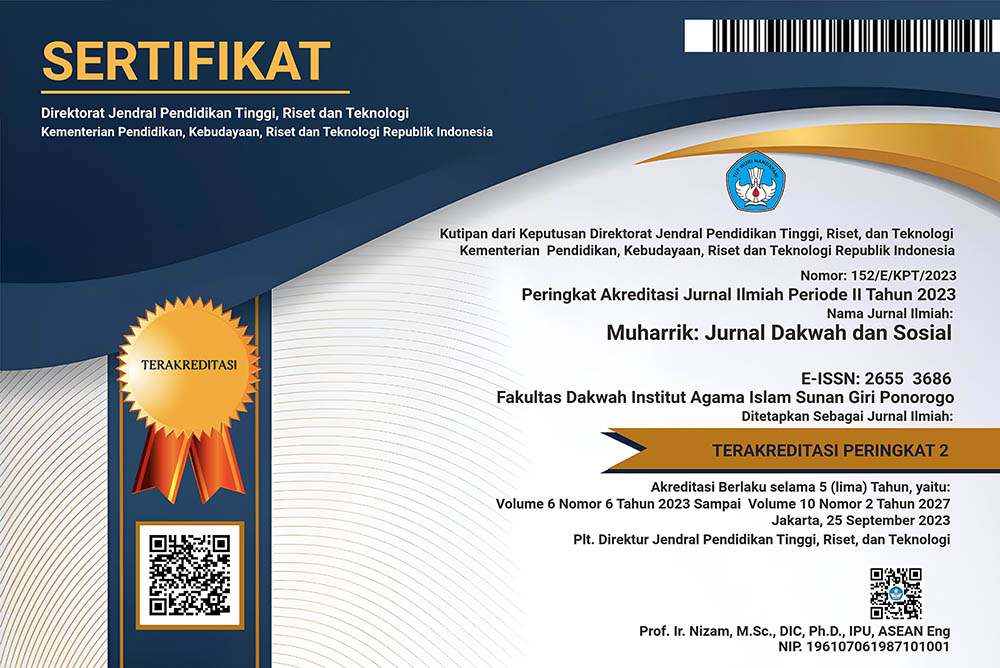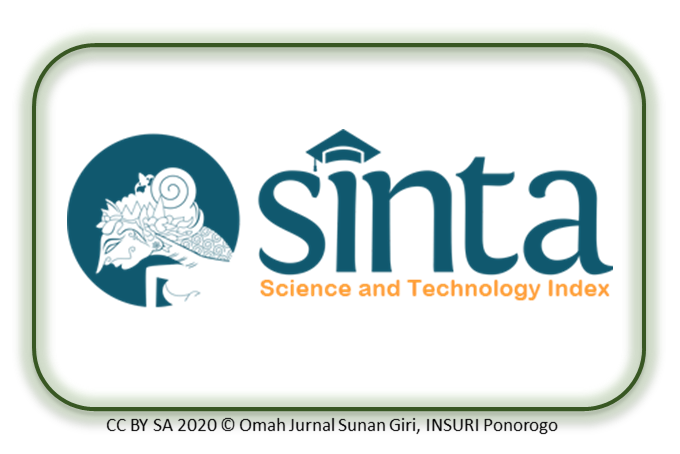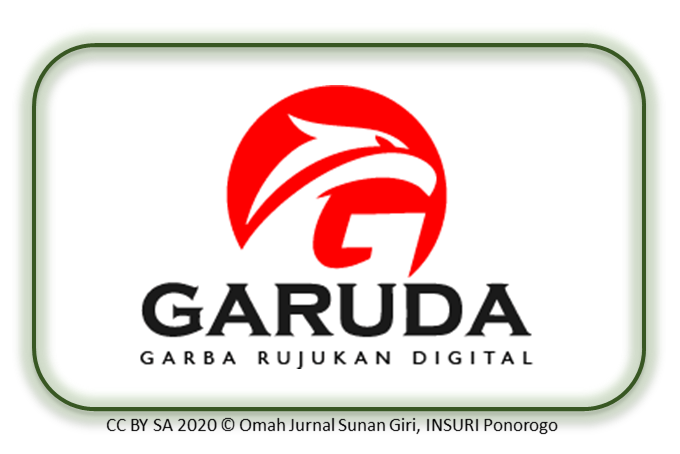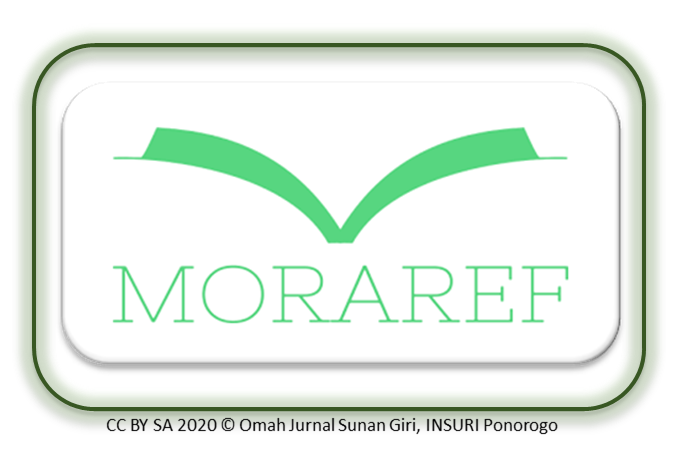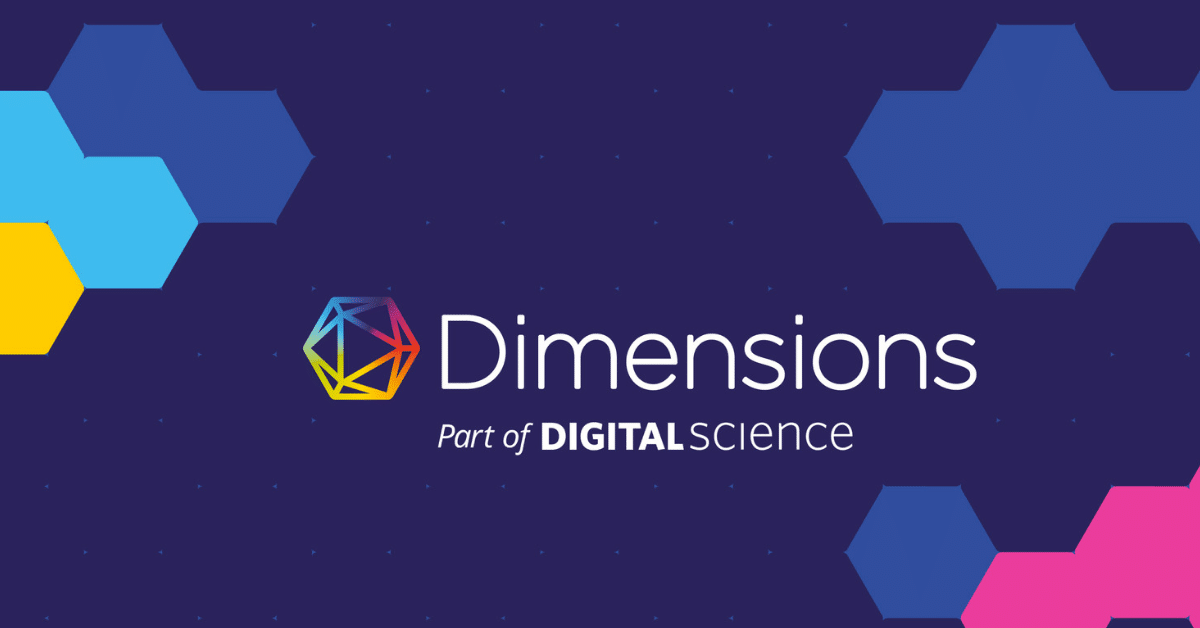Islamic Leftist and Ecological Resistance in the Nahdliyyin Front for Resource Sovereignty
Keywords:
FNKSDA, Islamic Thought, Leftist-Islam, Historical MaterialismAbstract
This study aims to understand the emergence of leftist Islamic thought as articulated by the FNKSDA (Nahdliyyin Front for Natural Resource Sovereignty). The primary focus is to examine the material and historical conditions that enabled the development of this thought. This research employs a qualitative document analysis as its method. In doing so, the researcher drew data from official FNKSDA documents, articles authored by FNKSDA activists, and relevant academic journals accessible to the researcher. I interpreted the collected data using a thematic approach guided by the Historic Materialism framework formulated by Michael Lowy. Based on the analysis results, the study finds that the material and historical conditions confronted by FNKSDA have significantly shaped its formulation of leftist Islamic thought. The formation of FNKSDA's thought is shaped by three particular conditions: the political-economic landscape of post-Reformasi Indonesia, the internal dynamics of the Nahdlatul Ulama organization, and the broader development of Islamic thought in Indonesia in the post-Reformasi era. The researcher contends that this study offers a valuable contribution to the broader scholarship on Islamic political thought in Indonesia.
References
Al Fayyadl, M. (2015a). Apa Itu Islam Progresif? – IndoPROGRESS. Indoprogress.com, 21. https://indoprogress.com/2015/07/apa-itu-islam-progresif/
Al Fayyadl, M. (2015b, May 19). Apa Itu Islam Progresif? Islambergerak.Com. https://islambergerak.com/2015/07/apa-itu-islam-progresif/
Asworo, L., & Akbar, N. (2019). Beyond Mainstream Environmental Studies Track the Struggle of Environmental Issues from a Religious Perspective (Study of FNKSDA as a Form of Islamic Movement Concerning the Environment). ICONEG, 107–113. https://doi.org/10.4108/eai.25-10-2019.2300495
Berenschot, W., Dhiaulhaq, A., Afrizal, & Hospes, O. (2023). Kehampaan Hak: Masyarakat vs Perusahaan Sawit di Indonesia. Yayasan Pustaka Obor Indonesa.
Bush, R., & Fealy, G. (2014). The political decline of traditional Ulama in Indonesia: The state, Umma, and Nahdlatul Ulama. Asian Journal of Social Science, 42(5), 536–560. https://doi.org/10.1163/15685314-04205004
Fajar, M. R. (2021). Menuju Aswaja-Materialis: Aswaja, Sains Marxisme dan Post-Moderatisme Islam. Inteligensia Media.
Fealy, G. (2003). Ijtihad Politik Ulama: Sejarah NU 1952-1967. LKiS.
Fealy, G. (2018, July 11). Nahdlatul Ulama and the politics trap - New Mandala. Newmandala.Org. https://www.newmandala.org/nahdlatul-ulama-politics-trap/
FNKSDA. (n.d.). TENTANG KAMI - FNKSDA. Fnksda.or.Id. Retrieved June 9, 2024, from https://fnksda.or.id/tentang-kami-2/
Global Forest Watch. (2025). Indonesia Deforestation Rates & Statistics | GFW. Global Forest Watch. https://www.globalforestwatch.org/dashboards/country/IDN/?lang=id
Hadiz, V. R. (2011). Indonesian Political Islam: Capitalist Development and the Legacies of the Cold War. Journal of Current Southeast Asian Affairs, 30(1), 3–38. https://doi.org/10.1177/186810341103000101
Hadiz, V. R. (2018). Populisme Islam di Indonesia dan Timur Tengah (I. Ahmad (ed.)). LP3ES.
Kersten, C. (2015). Islam in IndonesiaThe Contest for Society, Ideasand Values.
Konsorsium Pembaruan Agraria. (2023). Dekade Krisis Agraria: Warisan Nawacita dan Masa Depan Reforma Agraria Pasca Perubahan Politik 2024. In Konsorsium Pembaruan Agraria.
Lowy, M. (1996). The War of Gods: Religion and Politics in Latin America. Verso.
Martawardaya, B., Rakatama, A., Junifta, D. Y., Maharani, D. A., Mustasya, T., Suhada, A. S., & Meryana, E. (2021). Keluar Dari Ekonomi Ekstraktif, Menuju Hijau dan Inklusif. https://iopscience.iop.org/article/10.1088/1751-8113/44/8/085201
Mietzner, M., & Muhtadi, B. (2020). The myth of pluralism: Nahdlatul Ulama and the politics of religious tolerance in Indonesia. Contemporary Southeast Asia, 42(1), 58–84. https://doi.org/10.1355/cs42-1c
Miichi, K. (2001). Kiri Islam, Jaringan Intelektual dan Partai Politik .pdf. Tashwirul Afkar, 10, 155–169.
Muhammad Al-Fayyadl. (2016). Mengapa Islam Progresif? Islambergerak.Com. https://islambergerak.com/2016/07/mengapa-islam-progresif/
Murtadho, A. (2019). Gerakan Lingkungan Kaum Muda NU: Studi Tentang Pemikiran dan Aksi Gerakan Sosial Front Nahdliyin Untuk Kedaulatan Sumber Daya Alam/FNKSDA. UIN Sunan Ampel Surabaya.
Murtadho, R. (2017). Menegakkan Islam Yang Damai dan Berpihak : Perlunya Merekonstruksi Teologi Progresif. Indoprogress.Com. https://indoprogress.com/2017/08/menegakkan-islam-yang-damai-dan-berpihak-perlunya-merekonstruksi-teologi-progresif/
Murtadho, R. (2018). Perlunya Merumuskan Agenda Aksi Islam Progresif ( Bagian-1 ). Indoprogress.Com.
Saat, N., & Dewayanti, A. (2020). Jokowi’s management of Nahdlatul Ulama (NU): a new order approach? Iseas – Yusof Ishak Institute, 1, 1–10.
Ubaidillah, M. (2018). Wajah Baru Kiri Islam: Studi Gerakan Front Nahdliyin Untuk Kedaulatan Sumber Daya Alam (FNKSDA). Kontemplasi: Jurnal Ilmu-Ilmu Ushuluddin. https://ejournal.uinsatu.ac.id/index.php/kon/article/view/2173
Downloads
Published
Issue
Section
License
Copyright (c) 2025 Iqbal Yanuar Ramadhan, Ari Ganjar Herdiansyah, Husin Al Banjari, Mupid Hidayat

This work is licensed under a Creative Commons Attribution-NonCommercial 4.0 International License.
The author(s) retain/s the copyright and grant/s Muharrik: Jurnal Dakwah dan Sosial the first publication rights licensed under the Creative Commons Attribution-NonCommercial 4.0 International (CC BY-NC 4.0) , which allows others to access (search, read, download and quote), share (copy and redistribute the material in any media or format) and adapt (mix, modify and develop) works for legitimate non-commercial purposes, with recognition of the authorship of the work and its initial publication in this journal.

